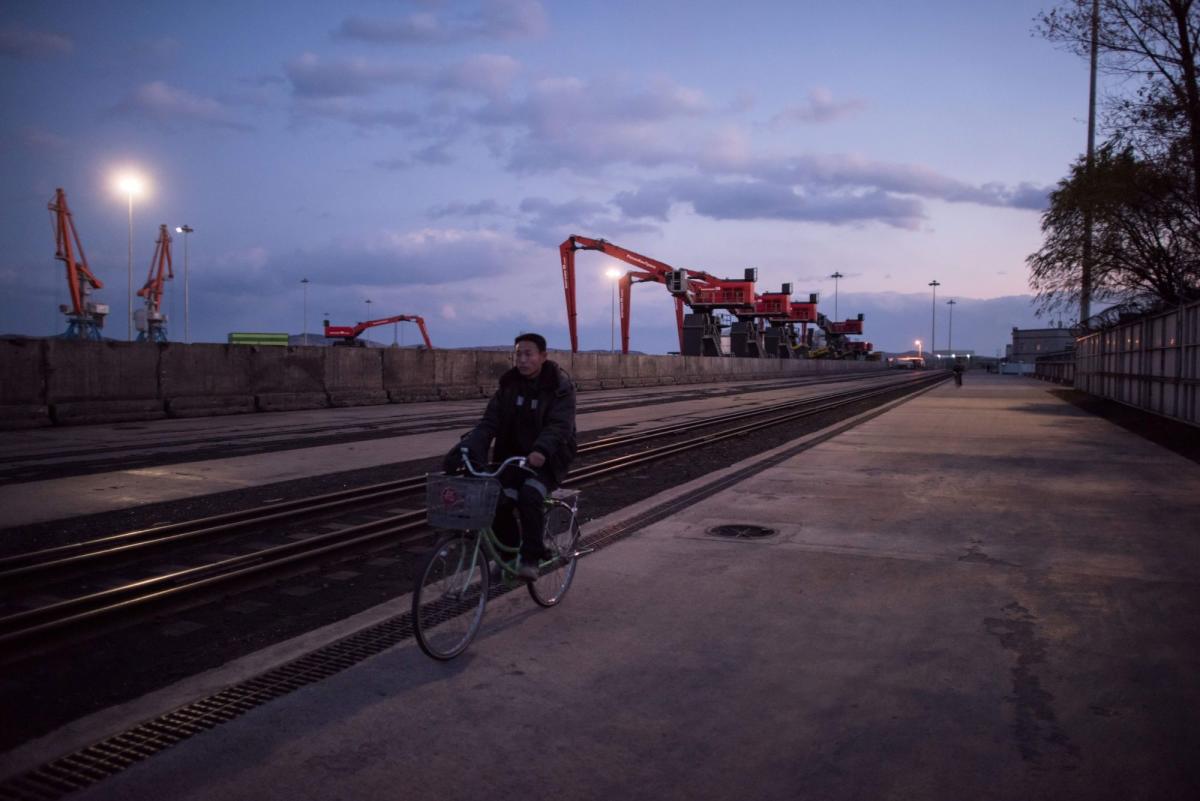
(Bloomberg) — Russia and North Korea appear to have resumed trade over a rail link that had been suspended for almost three years due Covid-19, according to satellite imagery, in the latest sign of warming ties between the neighbors.
Most Read from Bloomberg
Goods were delivered from Russia to North Korea in late November and early December, 38 North said in report published late Monday. Unloaded cargo was spotted at least twice on the North Korean side and expanded freight handling at a station there suggested preparation for greater volume, the group said.
“Based on our observations, it appears the resumption of trade between Russia and North Korea is well underway,” 38 North said, calling it “another sign of North Korea’s slow opening-up to the world as the Covid-19 pandemic lessens.”
Any trade between the long-time partners could raise concerns of international sanctions violations, since North Korea is facing punishment for its pursuit of nuclear weapons and Russia has been hit with measures over its invasion of Ukraine. The link had been closed in February 2020 when Kim Jong Un sealed his borders against the emerging Covid-19 threat.
The US has accused North Korea of selling artillery rounds to Russia to help Vladimir Putin’s war efforts. While Pyongyang has denied the accusations as groundless, it has lauded the Russian president and been one of the few countries that have recognized the Kremlin-controlled “People’s Republics” in Donetsk and Luhansk in eastern Ukraine.
North Korea has one of the world’s largest artillery forces and been stockpiling shells for decades. Any arms sales would mark a reversal in roles between the neighbors, as North Korea for decades relied on weapons from its former benefactor, the Soviet Union.
An arms sale however could potentially give Kim’s regime much-needed cash, oil, and perhaps even technology to help with its nuclear weapons program. The rail link had been closed since early 2020 and 38 North previously reported that Kim’s regime sent a three-car train across it in early November.
Most Read from Bloomberg Businessweek
©2022 Bloomberg L.P.




